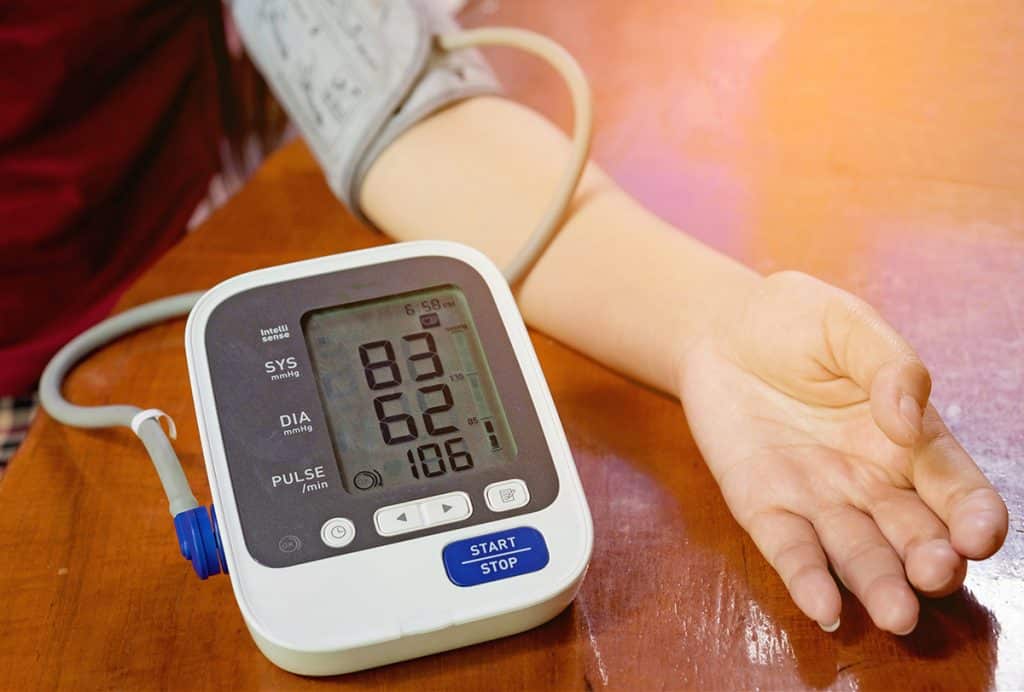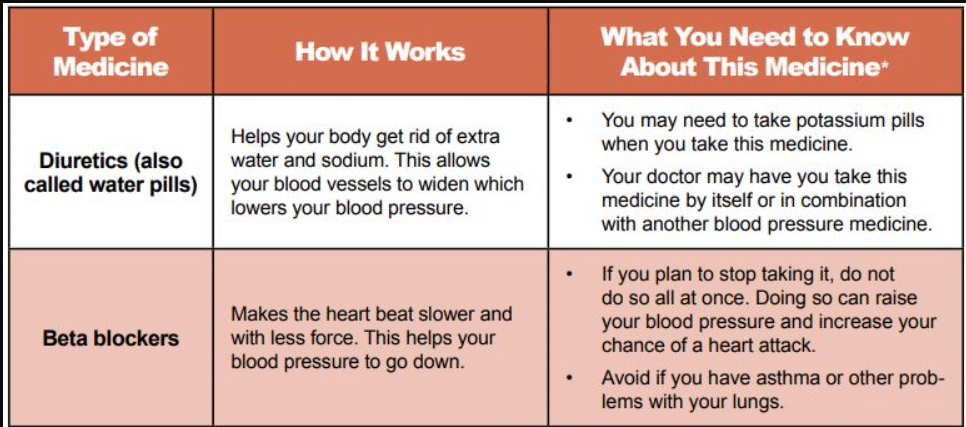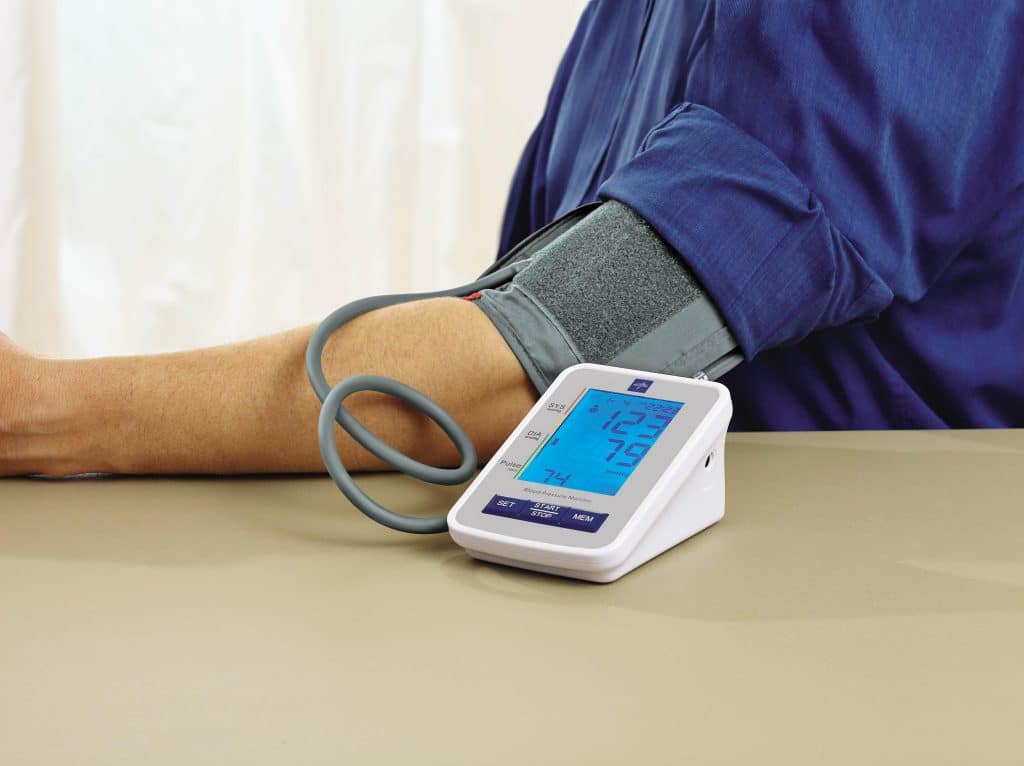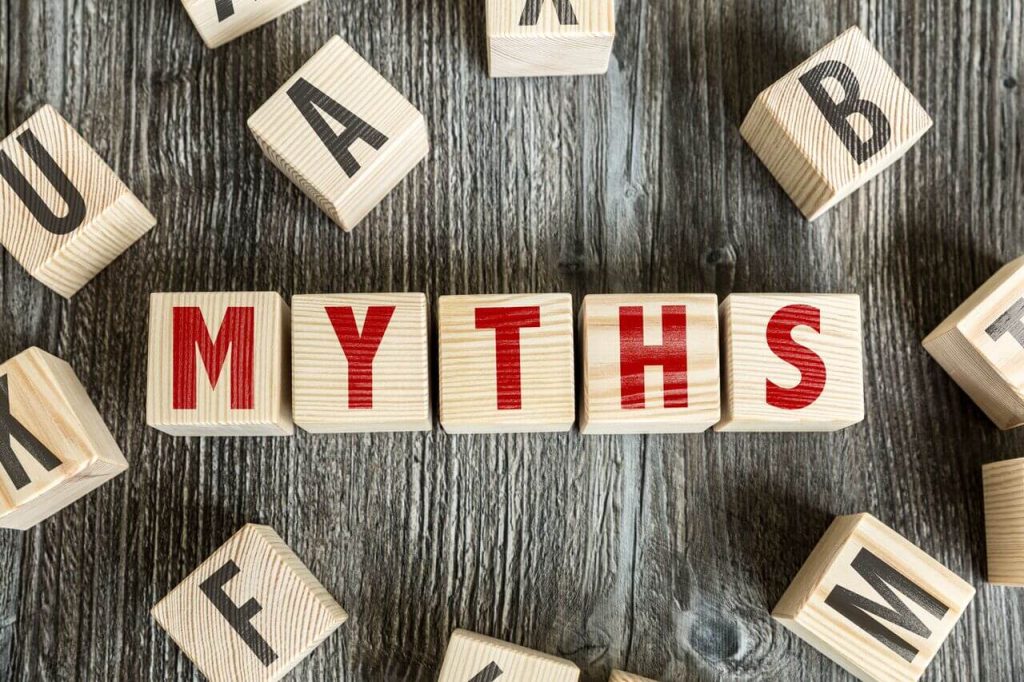Blood pressure is a critical health indicator that affects millions of people worldwide. According to the World Health Organization, high blood pressure is a leading cause of cardiovascular diseases, including heart attacks and strokes. While lifestyle changes like diet and exercise are essential for managing blood pressure, medications often play a pivotal role in treatment. Understanding these medications’ types, mechanisms, and potential side effects can empower individuals to make informed decisions about their health. This article aims to provide a comprehensive guide on blood pressure medications, from their types and mechanisms to the questions one should ask a healthcare provider.
Contents
Understanding Blood Pressure

What is Blood Pressure?
Blood pressure is the force exerted by circulating blood against the walls of the arteries. It is measured in millimeters of mercury (mmHg) and is usually represented by two numbers: systolic and diastolic pressure. Systolic pressure is the higher number, indicating the force when the heart beats, while diastolic is the lower number, representing the pressure when the heart is at rest between beats.
Why is Regulating Blood Pressure Important?
Uncontrolled high blood pressure can lead to various health problems, including heart disease, stroke, and kidney failure. On the other hand, extremely low blood pressure can result in dizziness, fainting, and, in severe cases, organ failure. Therefore, maintaining blood pressure within a healthy range is crucial for overall well-being and longevity.
Types of Blood Pressure Medications

Diuretics
Diuretics, commonly known as “water pills,” help the kidneys remove excess sodium and water from the body. This process reduces the blood volume that needs to be pumped, lowering blood pressure. Diuretics are often the first line of treatment for high blood pressure and are sometimes combined with other medications.
Beta-Blockers
Beta-blockers block the effects of the hormone adrenaline, also known as epinephrine. This action slows the heart rate and reduces the force with which the heart pumps, decreasing blood pressure. Beta-blockers are often prescribed for conditions like heart failure, arrhythmias, and high blood pressure.
How Do Blood Pressure Medications Work?

Mechanism of Action
Different blood pressure medications work through various mechanisms to achieve the common goal of lowering blood pressure. For instance, ACE inhibitors relax blood vessels by blocking the formation of angiotensin, a chemical that narrows blood vessels. Calcium channel blockers, on the other hand, prevent calcium from entering the smooth muscle cells of the heart and arteries, which helps them relax.
Combining Medications
In some cases, healthcare providers may prescribe more than one type of blood pressure medication to achieve optimal results. This is known as combination therapy. The rationale behind this approach is that different medications target different pathways, and using them together can be more effective in lowering blood pressure.
Side Effects and Risks

Common Side Effects
Like all medications, blood pressure drugs come with their side effects. These can range from mild issues like dizziness, fatigue, and nausea to severe problems like kidney damage and elevated blood potassium levels. It’s essential to discuss any side effects with a healthcare provider to determine whether the medication needs to be adjusted or replaced.
Drug Interactions
Blood pressure medications can interact with other drugs, supplements, or foods, leading to decreased effectiveness or increased risk of side effects. For example, certain blood pressure medications should not be taken with grapefruit juice, as it can interfere with the medication’s metabolism. Always consult a healthcare provider or pharmacist about potential interactions.
Monitoring and Follow-up

Regular Check-ups
Regular visits to a healthcare provider are crucial for anyone taking blood pressure medication. These check-ups allow for monitoring blood pressure levels, adjusting medication dosages, and identifying any side effects. It’s also an opportunity to discuss any concerns or questions about the treatment plan.
Blood Pressure Monitoring at Home
Home blood pressure monitoring can be a valuable supplement to regular healthcare visits. It provides a more comprehensive picture of blood pressure levels throughout the day and can help in the early detection of any issues. However, using a validated device and following proper techniques for accurate readings is essential.
Lifestyle Changes for Support

Diet and Exercise
While medication plays a significant role in managing high blood pressure, lifestyle changes are equally important. A balanced diet rich in fruits, vegetables, and low-fat dairy products can substantially impact blood pressure. Exercise, such as walking, swimming, or cycling, can also help lower blood pressure and improve cardiovascular health.
Stress Management
Chronic stress can contribute to elevated blood pressure levels. Techniques like deep breathing, meditation, and mindfulness can help manage stress and, in turn, support blood pressure control. While these methods are not a substitute for medication, they can be valuable to a comprehensive treatment plan.
Questions to Ask Your Doctor

Medication Options
When prescribed blood pressure medication, discussing the options with a healthcare provider is crucial. Questions about the type of medication, its side effects, and how it interacts with other drugs or supplements are essential for making an informed decision.
Long-term Plan
Understanding the long-term treatment plan is vital. This includes knowing how long the medication will be needed, what lifestyle changes can help, and how often blood pressure should be monitored. These questions can guide future healthcare decisions and provide a roadmap for long-term health.
Myths and Misconceptions

“I Feel Fine, So I Can Stop Taking My Medication”
One common misconception is that feeling fine means it’s okay to stop taking blood pressure medication. However, high blood pressure is often a “silent” condition, meaning it doesn’t always produce noticeable symptoms. Stopping medication without consulting a healthcare provider can lead to severe health risks.
“Natural Supplements Can Replace Medication”
Another myth is that natural supplements can replace blood pressure medication. While some supplements claim to lower blood pressure, they are not a substitute for prescription medication. Relying solely on natural remedies without medical advice can be dangerous and ineffective.
The Bottom Line
Understanding blood pressure medications is crucial for anyone with high or low blood pressure. Being informed can make a significant difference in treatment outcomes, from the types and mechanisms of these drugs to their potential side effects and interactions. Regular monitoring and consultation with healthcare providers and lifestyle changes can support effective blood pressure management. The journey to better health is a collaborative effort, and taking an active role in understanding medication options is a step in the right direction.


